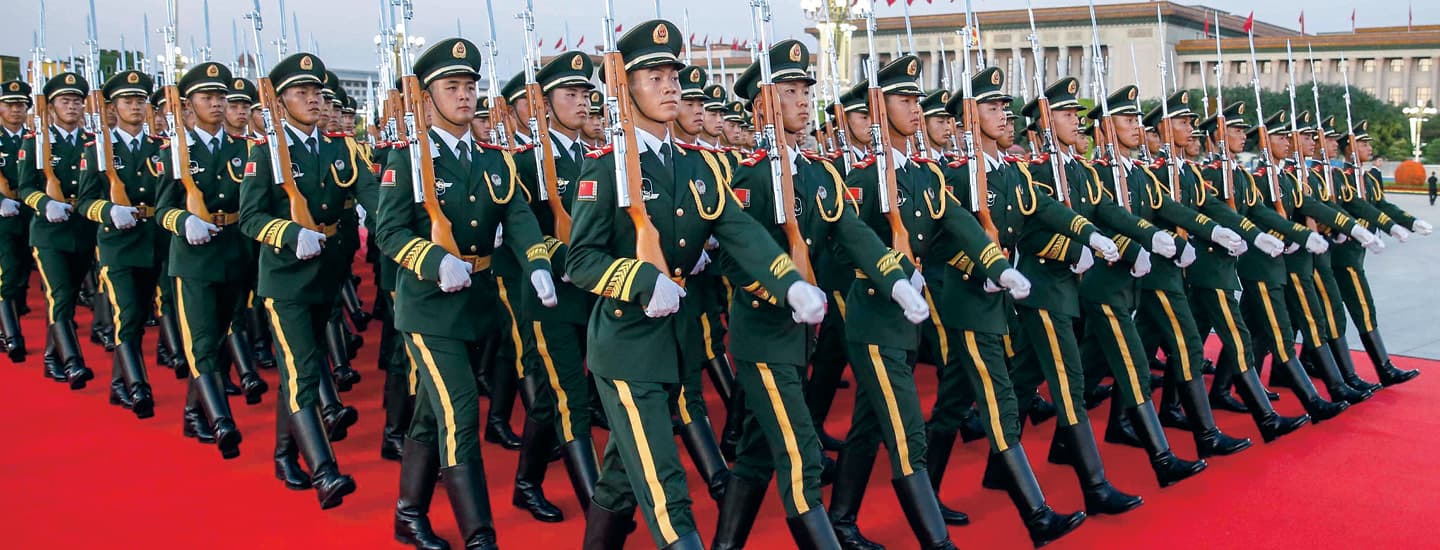With a history stretching back 4,000 years, China is one of Earth’s oldest civilizations.
Until the early 20th century, it was ruled by powerful emperors, many of whom kept the country largely cut off from the world.
In 1949, an authoritarian Communist government took over, but China remained isolated and plagued by poverty until it began to transform itself by embracing aspects of capitalism in the early 1980s.
Today, China’s $14.3 trillion economy is the world’s second biggest, after that of the U.S. Its population of 1.4 billion people is the second largest, after India’s. Its military is one of the most potent, with 2 million troops. And it’s one of just five nations—along with the U.S., Russia, Britain, and France—with veto power in the United Nations Security Council.
“China is unquestionably one of the most influential and powerful countries in the world,” says Stapleton Roy, a former U.S. ambassador to China.
That’s why Americans should understand China. Here and in the next issue of Upfront, we’ll answer 10 questions that help define China and the challenges it poses for the U.S. and other nations.
With a history stretching back 4,000 years, China is one of Earth’s oldest civilizations.
Until the early 20th century, it was ruled by powerful emperors. Many of the emperors kept the country largely cut off from the world.
In 1949, an authoritarian Communist government took over. China remained isolated and plagued by poverty. In the early 1980s, it began to transform itself by embracing aspects of capitalism.
Today China’s $14.3 trillion economy is the world’s second biggest. (The U.S. is the world’s biggest economy.) China’s population of 1.4 billion people is the second largest, after India’s. Its military is one of the most potent, with 2 million troops. And it’s one of just five nations—along with the U.S., Russia, Britain, and France—with veto power in the United Nations Security Council.
“China is unquestionably one of the most influential and powerful countries in the world,” says Stapleton Roy, a former U.S. ambassador to China.
That’s why Americans should understand China. Here and in the next issue of Upfront, we’ll answer 10 questions that help define China and the challenges it poses for the U.S. and other nations.

